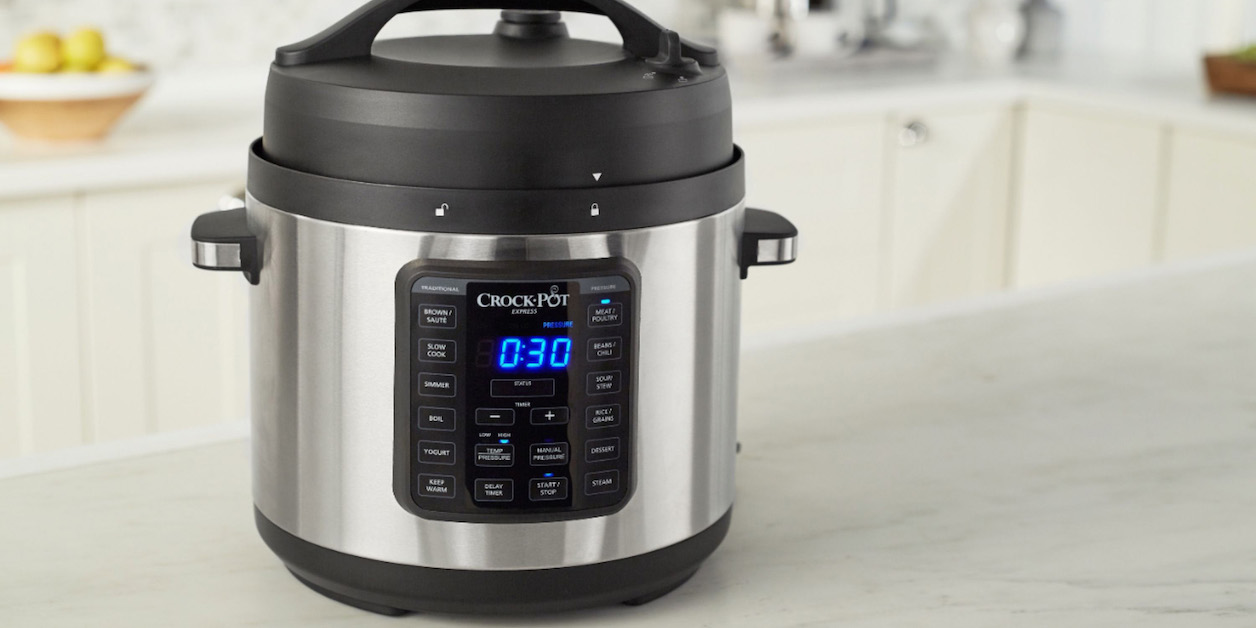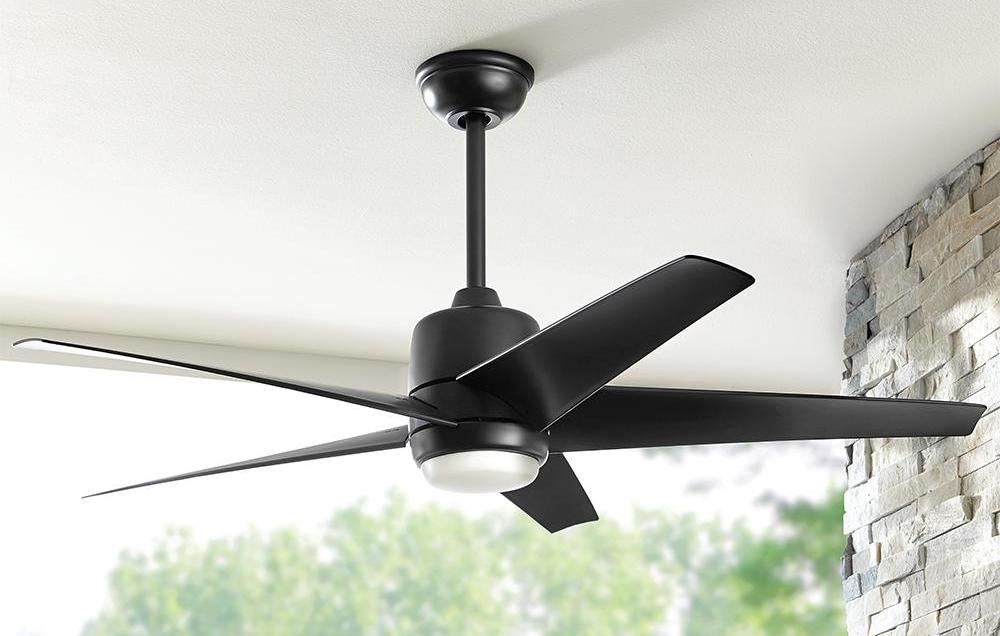According to a recent study, the majority of people who are experiencing knee pain from osteoarthritis wait too long to have knee replacement surgery. The statistics revealed up to 90 percent should have scheduled it sooner. On the other hand, 25 percent may be scheduled too soon for knee replacement.
When the patient waits too long, the surgery is often not as successful because the person has lost more function. Since they usually aren’t as active with the level of pain they’re experiencing, they may gain weight and suffer from depression along with other health issues.
This isn’t to say that the patient experiences no improvement if they wait too long to have knee replacement surgery. They will likely see some improvement, but it lags behind the average.
For those who get the surgery too soon, they may face more complications and end up with major costs without a lot of benefit. Another concern is that knee replacements wear out, and those patients will likely face a second replacement down the road. That surgery is often more difficult and doesn’t have as positive of an outcome.
To determine the best time to have knee replacement surgery, the researchers used several factors to create an algorithm for their test subjects. This included age, amount of pain and stability of the knee. They would consider how wiggly the knee felt based on if the tendons were loose. They also looked at the grinding and clicking sounds that come with knee issues.
The Cost of Knee Replacement
The average cost in the US for knee replacement surgery runs between $12,000 and $70,000, depending on the area of the country where you live. This has become a popular surgery in recent years, and that trend doesn’t appear to be changing. According to the American Academy of Orthopedic Surgeons, the rate of surgery for knee replacement will increase by 189 percent by 2030.
It is not only the elderly or senior citizens that are getting this type of surgery. Statistics show that is has increased for people between the age of 45 and 64 by three times while those over 65 doubled.
While there are proponents of the idea of using an objective measure for when it’s time for knee replacement surgery, many believe it wouldn’t be effective because the decision involves subjective factors, such as pain. Other considerations for the right time for the surgery is the lifestyle and schedule of the patient. They may be taking care of a spouse and not able to take time off to recover from surgery.
A recent study showed that nearly 20 percent of patients who had the surgery weren’t happy with how it turned out. In some cases, it was because the results didn’t live up to the expectations of the patient.
While knee replacement is obviously a growing trend, every person should discuss the option with their doctor and make a decision based on what’s right for them. They shouldn’t be pressured into a surgery they aren’t ready for and should understand the risks.























